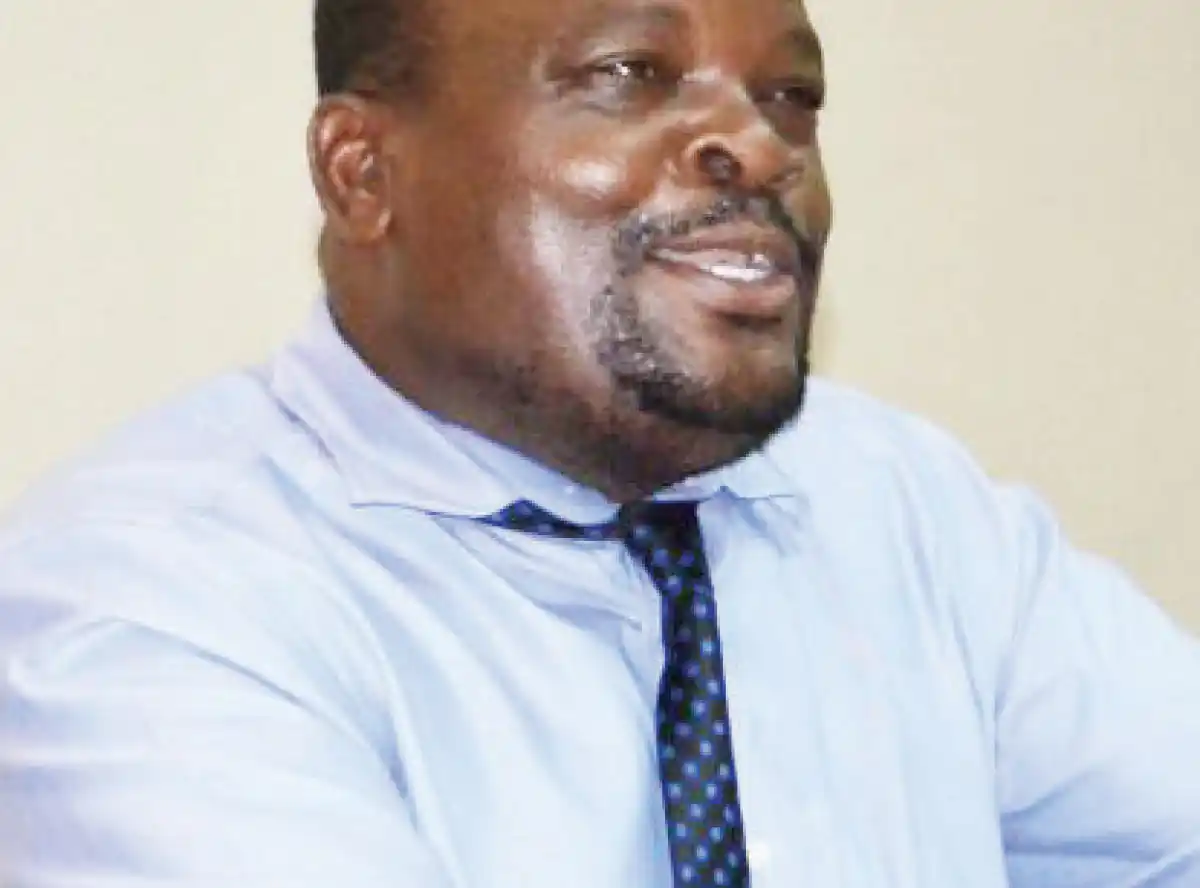
By Cathy Maulidi:
The erstwhile governing Democratic Progressive Party (DPP) has announced plans to take the next step after the office of the Registrar of the High Court and Supreme Court of Appeal rejected to issue summons for a case that hinges on the use of the national identity card (ID) as the only acceptable form of documentation during voter registration and voting.
Reacting to the development at a press briefing held in Lilongwe Thursday, DPP secretary general Peter Mukhitho said their application has not died completely.
“We have planned to refile our application after noting our mistakes. We are refiling,” Mukhitho said.
Weighing in on the issue, the party’s director of women Mary Navicha said if eligible voters were barred from voting due to the national ID requirement, the consequences would be severe. “If these calls to have everyone eligible to register to vote even if one does not have a national ID hit a snag, we will engage gear two, and they will not like it,” she said.

Also speaking at the presser, Gladys Ganda, who is advisor to party president Peter Mutharika, said voting was a right, such that every eligible Malawian had to be allowed to register to vote in the September 16 2025 Local Government, Parliamentary and Presidential Elections.
“NRB [National Registration Bureau] is making voting in Malawi a privilege and not a right, which is against provisions of our own Constitution,” Ganda said.
Initially, DPP filed an application against the Malawi Electoral Commission (Mec), arguing that the mandatory use of the national ID for voter registration could infringe on the rights of eligible voters who lack ID cards due to registration challenges at NRB.
But in a ruling signed by Assistant Registrar Elijah Blackboard Dazilikwiza Pachalo Daniels, the courts have indicated that the DPP’s application has died at birth.
The office of the registrar also described it as an “Exhibit A of an intendment to abuse court processes”.
“The claimant clearly does not have capacity to sue on the issues she has raised. Her actions are a total abuse of our processes,” it says.
The court further questioned the DPP if it was being denied its constitutional right to vote and whether, at some point, it tried to register to vote.
“Can she (DPP) even possess that right? Has she been denied any civil rights? Did she go to register as a voter somewhere, where a zealous elections officer (credit be given to their work) or whosoever it may be, returned her on the premise that she did not possess a national identity card? We do not have immediate answers. We do not promise that we will. In fact, the claimant herself (DPP) has not supplied us with answers in the originating process,” the ruling states.
The office of the registrar indicated that it felt that the decision of DPP to commence the case was an outright abuse of court processes.








0 Comments